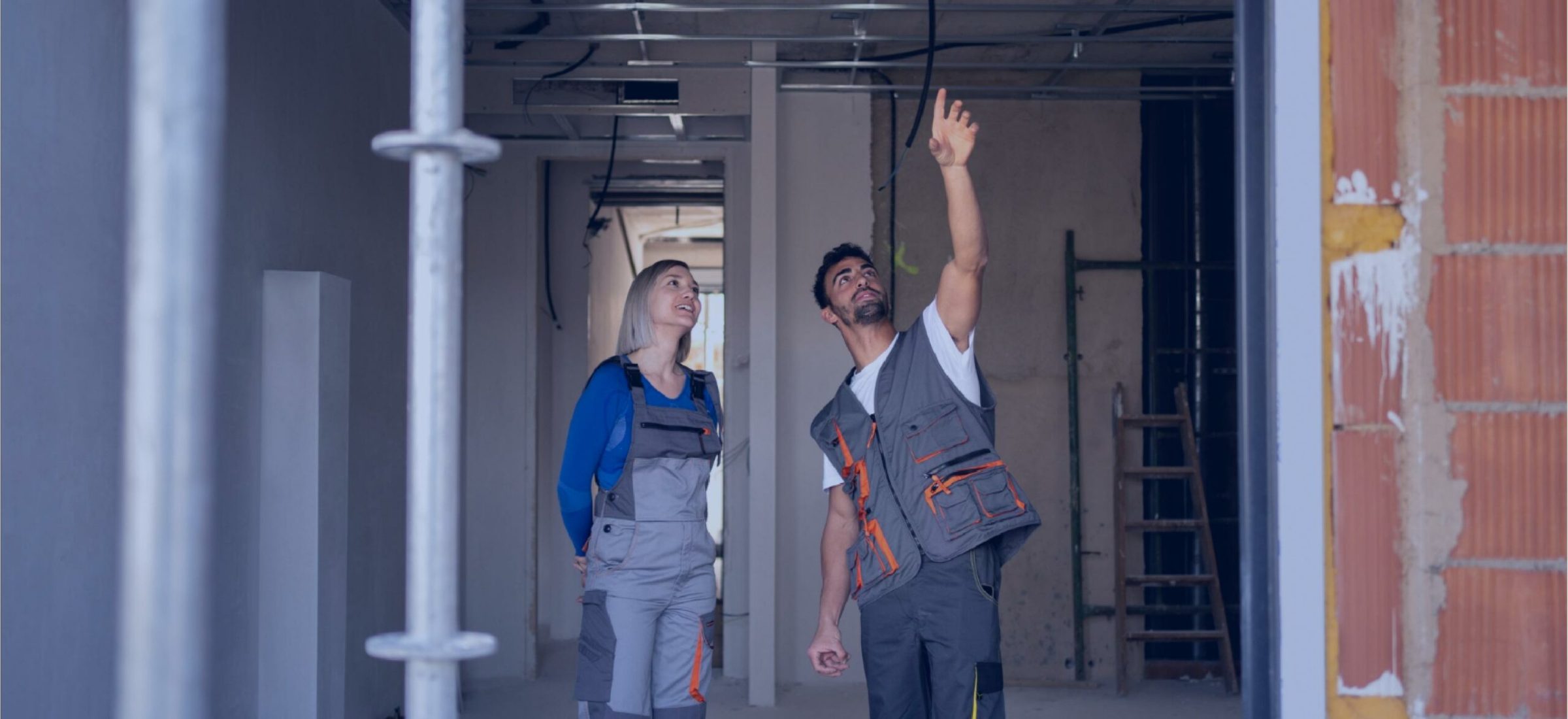Core to any insurance policy is a full understanding of the risks involved, whether the policy we’ve written is general liability, property, excess, or any other. And while a large part of that risk assessment comes during the underwriting process, we still need to conduct inspections in many cases to ensure that the policy and risks are well aligned.
In most situations, inspections take place after we bind the policy. When we determine that an inspection would be beneficial, we communicate clearly and thoroughly with the customer to let them know what to expect and seek to have the inspection completed within 30 days. And after the inspection is completed, the inspector will produce a report which may include recommendations for remediation.
It’s important to note that inspections are mutually beneficial: not only do they reduce blind spots on the part of the insurer, but they can also strengthen the insured by surfacing issues that they may not have previously known about. When the inspector is at the property, they are looking to identify any hazards or other areas where the potential for loss can be reduced. And remediating these potential hazards can go a long way toward protecting the insured’s assets.
For example, some of the most common items that inspectors flag and we ask to be remediated include:
- Fire extinguishers need to be installed or serviced
- Sprinkler systems need to be serviced
- Boiler or other inspections are past due
- In a commercial cooking facility, the automatic extinguishing system needs to be serviced or the exhaust hood needs to be cleaned
- Electrical issues, like open slots on electrical panels
One of the innovative ways that Joyn delivers a best-in-class insurance experience is through its proprietary technology that assists and enhances the underwriting process. As part of this process, our technology pulls a wealth of third-party data to ensure we’re getting it right. And while we are confident in our underwriters and their decision-making, we also see the value in sending someone to inspect the property to help keep our loss ratio down.
In most situations, we’ve found that the insured appreciates the insights that we can provide as a result of these inspections. Because even when they have to remediate an issue, it is an important step toward protecting their business and assets over the long term. Ultimately, protecting their assets is what we do.
